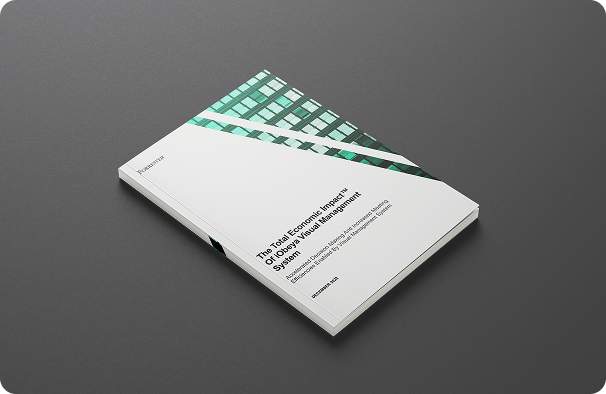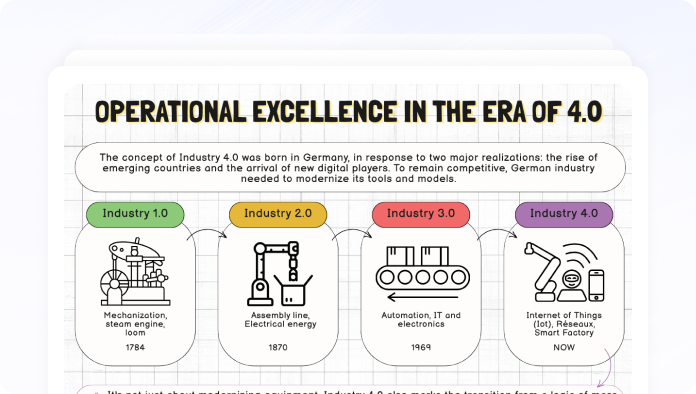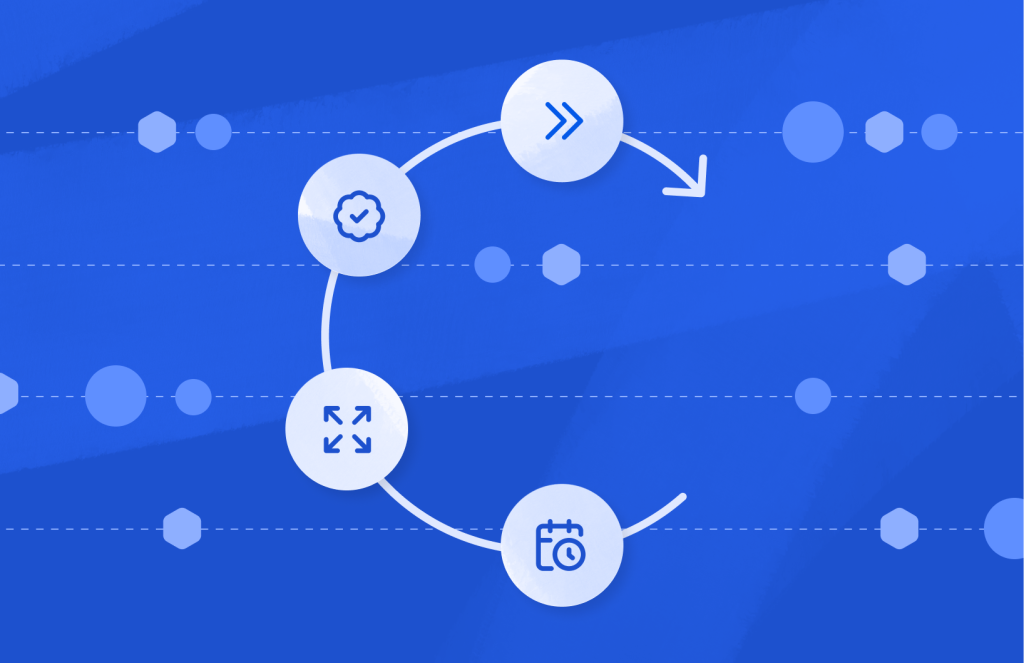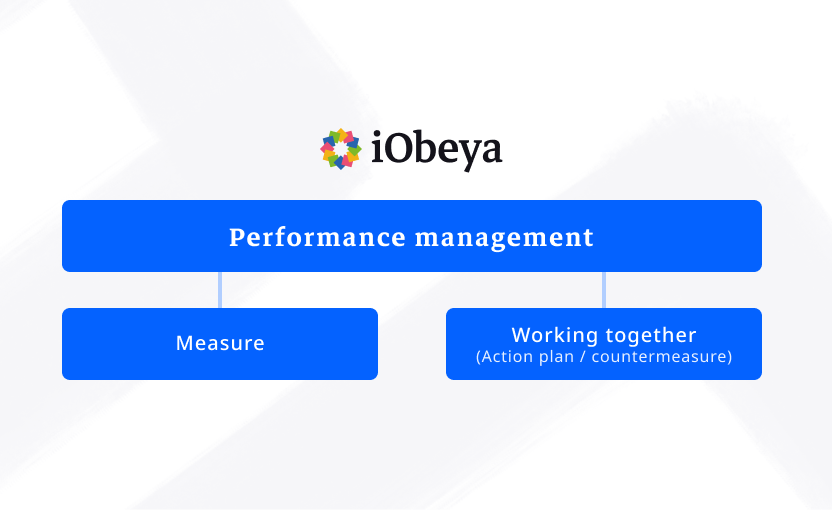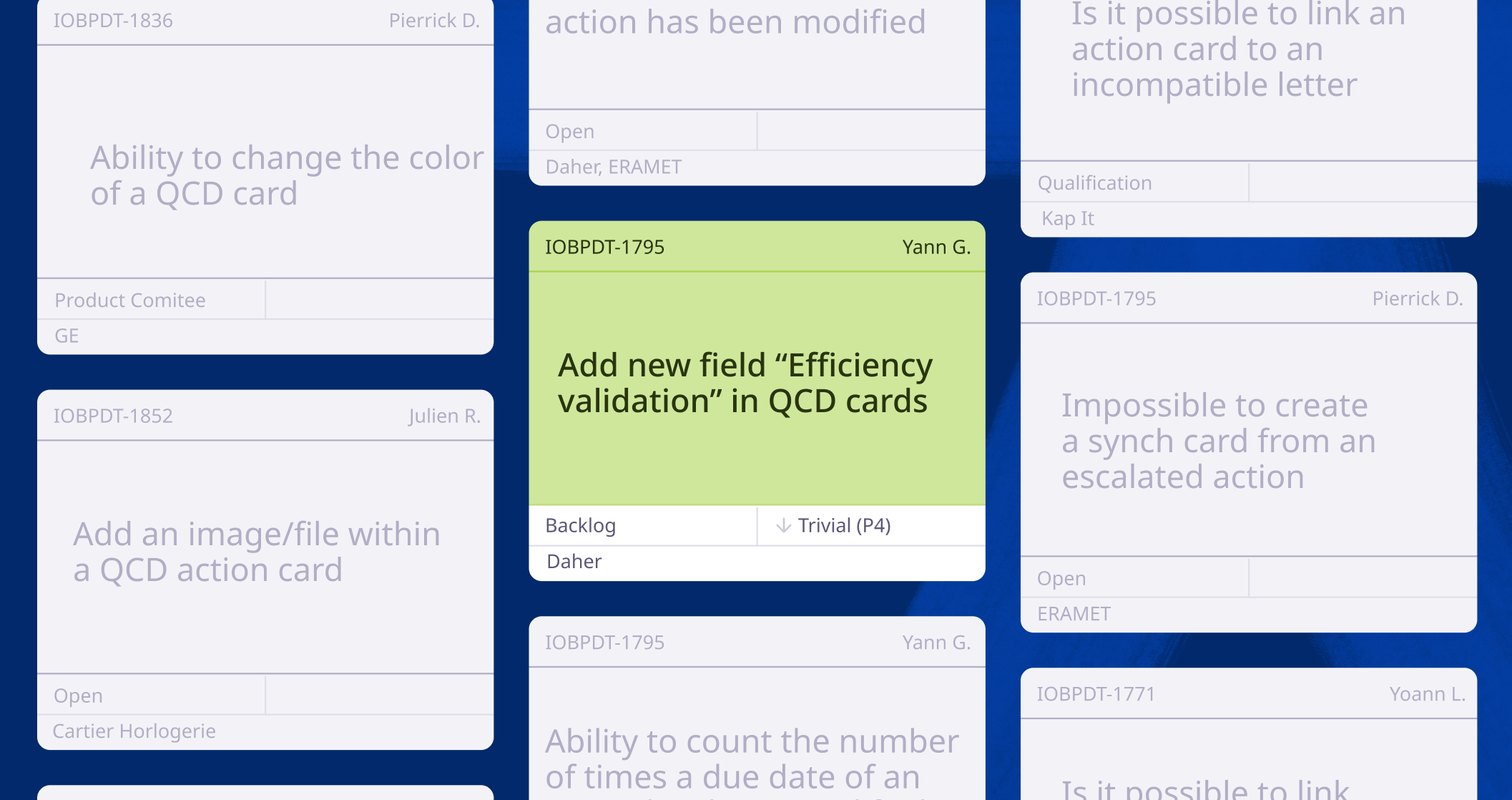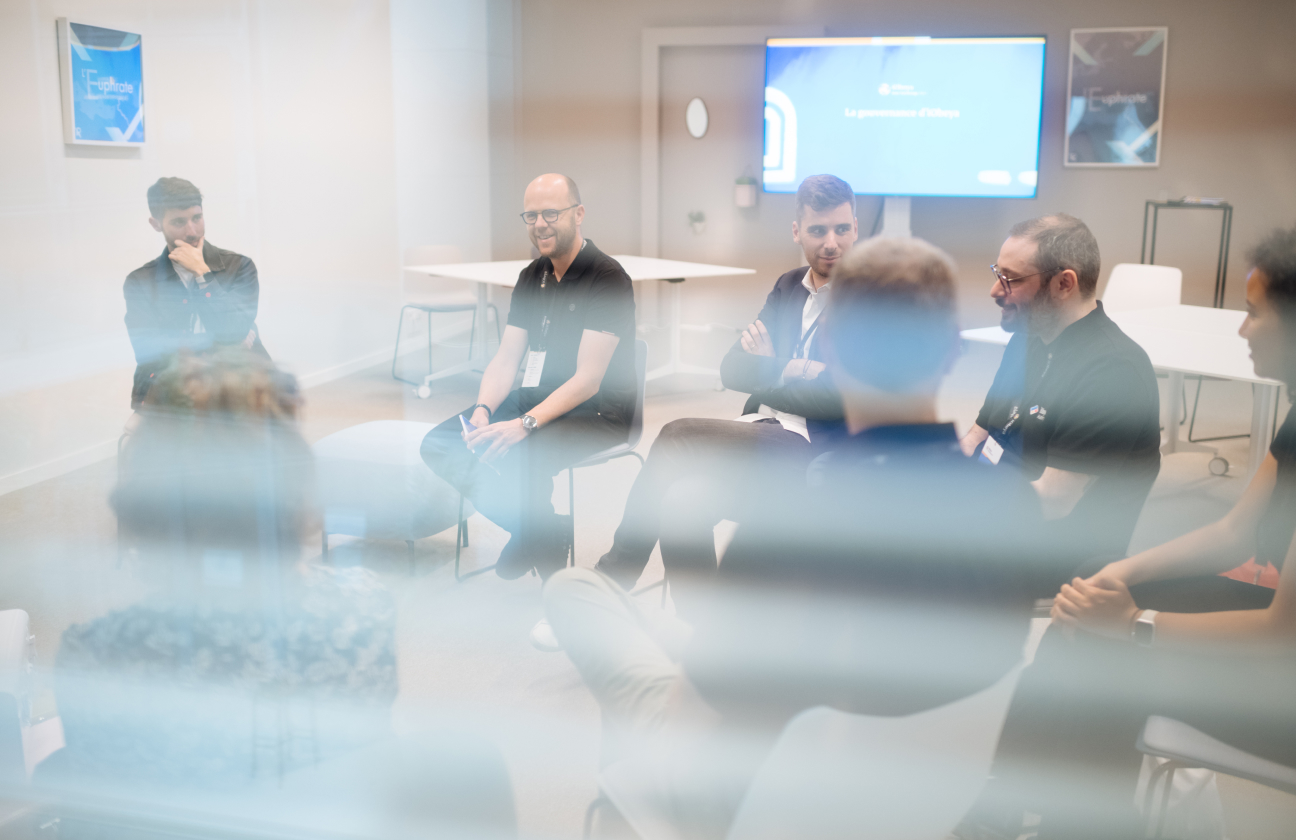Hey, let’s start your
iObeya journey!
The Need for Kaizen in FMCG Supply Chains
FMCG companies often manage a vast network of plants, employees, and distribution channels spread across large geographical areas, often globally. The complexity of this network, combined with the speed at which goods must move, presents unique challenges. These companies are often engaged in Lean Project Management and Lean Manufacturing transformation projects, seeking to streamline their processes and eliminate waste.
A common phrase in these organizations is “winning the day,” which reflects the intense focus on daily key performance indicators (KPIs) that drive their operations. With a KPI-heavy process that relies on daily, even hourly, tracking, these companies need to be highly adaptable. Daily meetings—whether called Daily Direction Setting (DDS), Management for Daily Improvement (MDI), or Daily Management System (DMS)—are critical for keeping teams aligned and responsive to changes. Eyes are on the KPIs at every level, from shop floor employees to middle managers and executives, ensuring that everyone is working towards the same goals.
Given the perishable nature of many FMCG products and the strict regulations governing their distribution, companies must track and adapt quickly to avoid costly penalties. They need to ensure that the right group of products are shipped to the right customers at the right time, adhering to Just-In-Time (JIT) principles. Given the high production costs and narrow profit margins, any mistake could have significant consequences.
Advanced Techniques for Applying Kaizen in Supply Chain Operations
To truly harness the power of Kaizen, FMCG companies need to go beyond the basics and apply more advanced techniques tailored to the unique demands of their industry. These advanced Kaizen techniques are designed to address the specific challenges faced by FMCG companies, such as the need for speed, efficiency, and flexibility in their operations. By implementing these strategies, companies can significantly enhance their supply chain performance, ensuring they meet the ever-increasing demands of their customers.
KPI Tracking and Visualization with SQCDP+: Tracking and visualizing KPIs related to Quality, Cost, and Delivery (QCD) is a fundamental aspect of both Lean and Industry 4.0 systems. Using QCD boards, teams can easily enter data, build dashboards, and visualize performance trends over various time windows. This approach allows for real-time updates and informed decision-making, helping FMCG companies maintain high standards across multiple sites.
Daily Capacity Management (DCM): Daily Capacity Management is a key component of Kaizen that helps teams visually plan and manage daily activities in a collaborative and detailed manner. DCM ensures that work capacity is optimized, allowing teams to quickly adjust to any production fluctuations and maintain high productivity levels. Real-time updates on task status and execution progress provide the granularity needed to keep FMCG operations running smoothly.
Kaizen Events for Rapid Improvements: Kaizen events, or focused improvement workshops, are powerful tools for addressing specific supply chain challenges. These events bring together cross-functional teams to work intensively over a short period of time, identifying bottlenecks and inefficiencies, and implementing solutions. By targeting particular pain points, Kaizen events can lead to significant improvements in supply chain performance.
Value Stream Mapping (VSM): Value Stream Mapping is a Lean technique that visualizes the flow of materials and information through the supply chain. By identifying areas of waste and inefficiency, VSM enables teams to develop targeted improvement plans. Regularly updating VSMs as part of the Kaizen approach ensures ongoing alignment with organizational goals and allows companies to adapt to the rapid pace of FMCG operations.
Continuous Improvement through PDCA: The Plan-Do-Check-Act (PDCA) cycle is central to the Kaizen methodology. In supply chain management, PDCA involves planning improvements, implementing changes, monitoring results, and refining processes based on feedback. This iterative process fosters a culture of continuous improvement, essential for maintaining a competitive supply chain in the FMCG industry.
Incorporating these advanced Kaizen techniques into supply chain operations allows FMCG companies to continuously improve and optimize their processes. These techniques can help organizations achieve greater efficiency, responsiveness, and overall performance, ensuring they can meet the demands of their fast-paced industry and maintain a competitive edge in the market.
Kaizen Reduces Lead Times and Improves Supplier Relationships
Reducing Lead Times: Implementing the Kaizen approach with Just-in-Time (JIT) inventory management can significantly reduce lead times. JIT focuses on producing and delivering goods only as they are needed, minimizing excess inventory and associated holding costs. This approach ensures a smoother flow of materials through the supply chain, leading to faster turnaround times and more efficient operations.
Improving Supplier Relationships: Kaizen promotes collaboration and transparency with suppliers, enhancing communication and trust. Regular Kaizen events involving suppliers can help identify mutual areas for improvement, fostering a partnership approach. This collaborative mindset leads to better alignment of objectives, improved quality, and more reliable deliveries, ultimately strengthening the entire supply chain.
Amplifying Kaizen Benefits with Digital Tools like iObeya
While Kaizen is a powerful methodology on its own, its benefits can be significantly amplified with the use of digital tools like iObeya. In FMCG supply chains, where speed, accuracy, and adaptability are paramount, digital solutions can enhance the visibility, communication, and decision-making processes that Kaizen promotes.
For FMCG companies practicing Kaizen, iObeya offers several features that address the unique challenges of their fast-paced supply chains:
- Daily Capacity Management (DCM): The DCM module enables teams to visually plan and manage daily activities, ensuring optimal work capacity and quick responses to any changes.
- SQCDP (Safety, Quality, Cost, Delivery, People) Tracking: Facilitate continuous improvement with real-time KPI tracking and visualization with digitized SQCDP+, helping maintain high standards across multiple sites.
- Process Mapping: With Value Stream Mapping , teams can highlight process segmentation and engage all participants, aiding in the identification and elimination of inefficiencies.
- Integrations: Seamless integrations with tools like Jira, Azure DevOps, Power Automate, Excel, and Power BI help create a unified flow of information that supports better decision-making and continuous improvement. These integrations act as a bridge between data sources (ERP, EWS, Excel) and iObeya.
- Visual Management Boards: Customizable boards allow teams to visualize workflows and KPIs, making it easier to track progress and implement improvements in real-time.
- Digital Obeya Room: A virtual space for cross-functional collaboration is essential for managing global operations and rolling out standardized processes effectively.
- Kanban Boards: Kanban are ideal for managing tasks and workflows in a lean manner, helping teams to streamline processes and reduce waste.
- Automated Consolidation: Streamlining the consolidation of data across multiple sites provides leaders with clear, concise performance metrics.
- Action Management: Create, track, and escalate actions across different organizational levels, ensuring quick decision-making and resolution of issues. Action cards capture critical information, visualize progress, and retain valuable insights for continuous improvement, reinforcing a culture of accountability and responsiveness.

